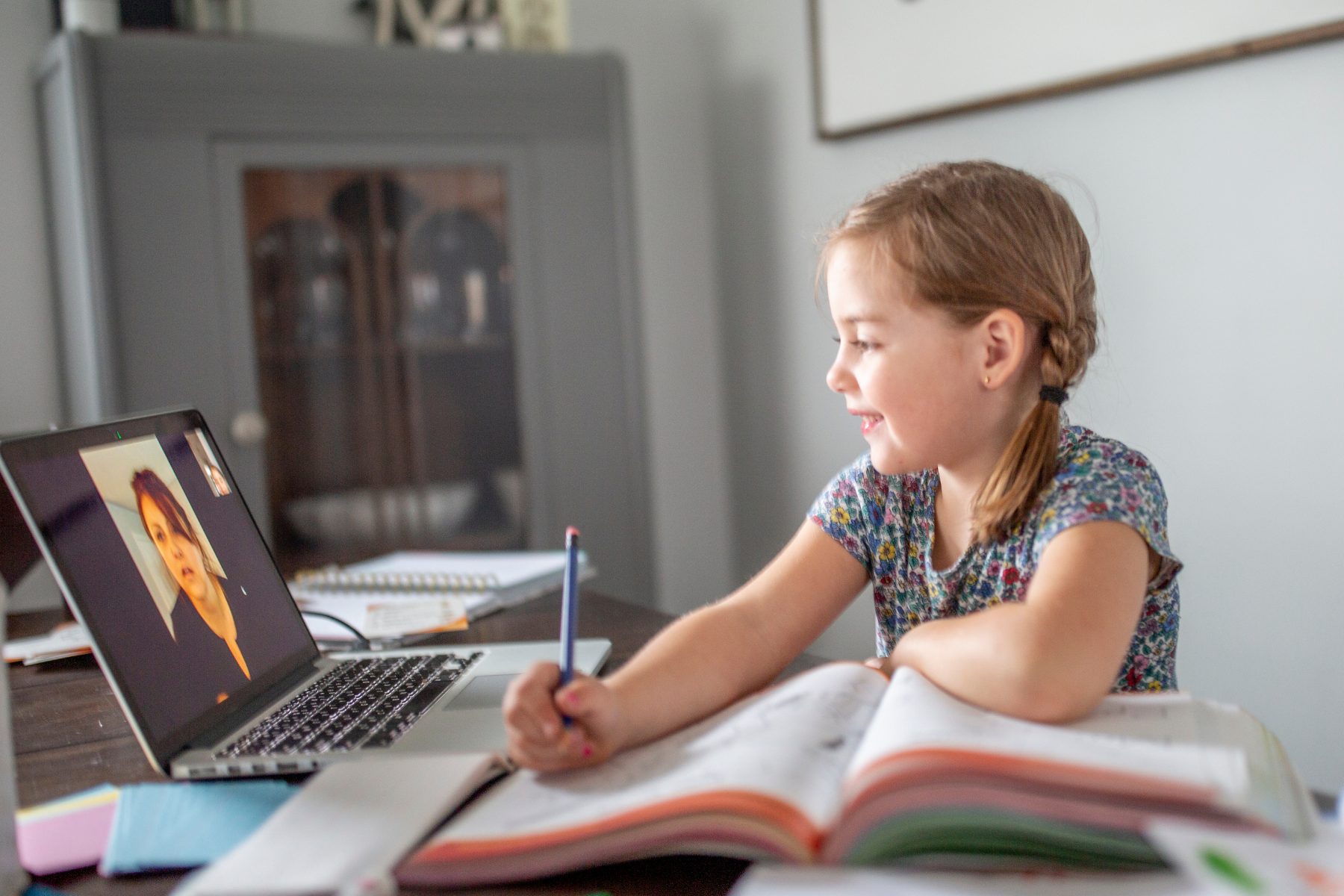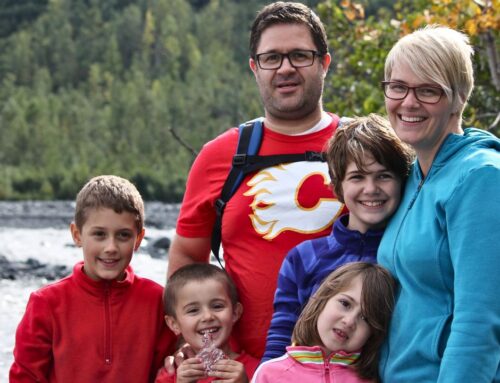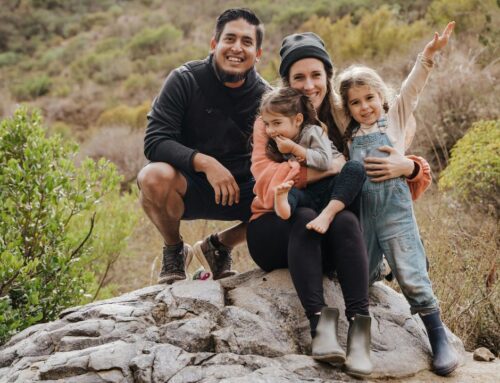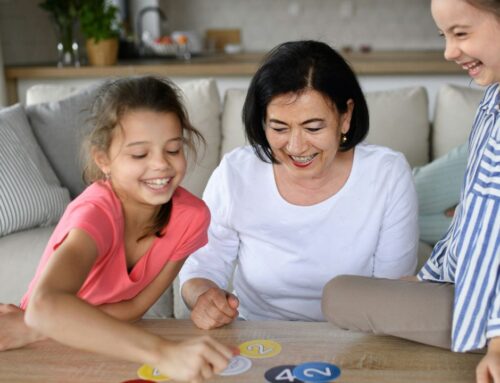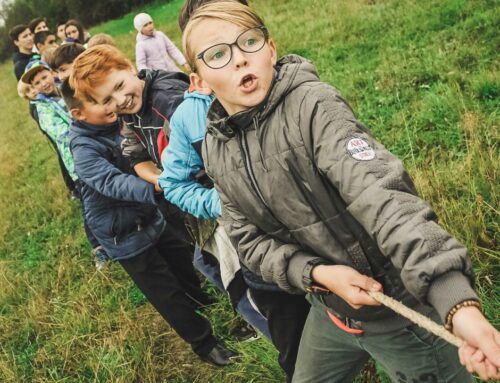“When a learner and their family join SelfDesign, they are matched with a B.C. certified educator who directs their attention and energy to that learner and their specific needs in every interaction,” says SelfDesign Chief Learning Officer Nikki Kenyon.
Our educators are trained professionals and are licensed by the BC Ministry of Education. However, the work they do with learners and families enrolled with our kindergarten to grade 12 online school differs in many ways from what their teacher–colleagues at B.C.’s brick-and-mortar schools do.
The name of their role at SelfDesign – “learning consultant” – reflects those differences. Where teachers in brick-and-mortar schools might oversee the day-to-day learning of young people in their charge and provide instruction according to predeveloped lesson plans, our learning consultants advise, provide resource recommendations, and offer guidance to their learners – or if the learners are young, to the children’s parents or guardians – on how these young people can achieve their own personalized learning goals, whatever those happen to be.
In short, our educators are consultants to the learner’s process as they support the child’s learning.
But what does this mean? And what does it entail?
The learning plan: a child’s road map for learning
At the start of each learning year, the learning consultant meets online with each child and their parent or guardian to discuss the learner’s interests, skills, abilities and challenges. If the learner is older, the meetings may include just the learner without the parent or guardian.
Out of these discussions and in further consultation with the learner and parent or guardian, the learning consultant develops a learning plan for the learner.
That learning plan is that child’s personalized road map to learning for the year and meets the BC Ministry of Education’s curriculum requirements. It addresses the learner’s own interests and passions, outlines the learning goals for that learner, and suggests suitable learning resources the learner may choose to explore to further delve into those interests and passions, including resources from SelfDesign’s Learning Experience Library. The learning plan also suggests additional services that may support the child’s learning path, including, for example, music or art lessons or participation in team sports.
“SelfDesign really is a model of personalized education,” Nikki says. “If you hold the learner at the centre, then who they are directs everything. Who they are is who they are, and all of our work is supporting them in who they are. We’re just holding them here and saying, ‘This is you. We see you. What do you need?’”
Once the learning plan is finalized, the educator approves budgets allocated to the learner for learning resources and services to support the plan.
Supported by their family, learning consultant and support providers – who might offer, for example, occupational or behavioural therapy, as might be identified in a learner’s individual education plan, or music lessons – the learner then continues pursuing their interests and passions – often independently, with their family, or a combination of both. And throughout the year, they draw on and engage with the resources and services outlined in the plan.
Learn more about our learner-centred approach to learning
Read about the role of the child in SelfDesign Learning Community
Supporting, observing and documenting learning
Another key piece of the support that learning consultants provide their learners and families happens in the process by which learning is observed and documented.
Learning consultants communicate regularly with each learner’s parent or guardian, and help them understand the expectations they have agreed to when they enrolled their child in SelfDesign.
They also support the parent or guardian during the weekly Observing for Learning discussions. During these conversations, the learning consultant coaches the family on how to recognize and identify learning that has taken place in the days before. They provide guidance and suggestions on how to document their child’s learning – through journalling, photographs, drawings, video or audio recordings, or other artifacts.
With learners in grades 10 to 12, educators often work directly with these young people, as learning consultant Michael does.
“I meet with each of them in real-time, one-on-one, each week,” he says. “I usually have three to four Observing for Learning sessions scheduled every workday, as well as related paperwork and uploading of video and highlights of learning, and so on. We talk about what the learner has done during the week before, about their insights and reactions to their learning experiences, and about how that all might connect to other learning they’ve done. Mostly, I listen and reflect back to the learner their own insights that they’ve shared.”
The learning consultant uses those weekly conversations to map and evaluate the child’s learning in relation to the goals and objectives stated in the child’s learning plan and to the competencies and learning standards in the B.C. curriculum.
In addition, the educator will work with families to review and report on the child’s learning plan four times each year and officially communicate that learning seasonally in the child’s learning portfolio.
Read more about our Observing for Learning process
Learn how we reflect on and communicate learning at SelfDesign
Building relationships of trust and a safe atmosphere that support learning
For any of that to be possible, however, learning consultants work to build a foundation of trust and acceptance in their relationship with the learner and parent or guardian.
At SelfDesign, the relationships that develop between our learners, their parents or guardians and our educators drive our approach to personalized learning. Trust and acceptance – and the sense of safety that comes out of that – support and facilitate that learning.
It can be as simple as modelling, guiding and encouraging safe behaviour online. As an online school, we rely on technology to communicate with each other and to share and document experiences and learning, so creating a safe online environment is critically important both for learning and for the safety of our learners, families and community.
But the need to build trust applies more deeply and broadly.
It may involve our educators helping families stay focused on why they came to SelfDesign in the first place. Often the learning consultant will mentor the parent or guardian on aspects of SelfDesign philosophy, on how to further support their child’s learning and even on the dynamics within the family that might be affecting their child’s learning.
“Our educators are there as guides, consulting to the learning and pointing towards possible paths or resources,” says River Meyer, SelfDesign’s Director of Organizational Learning & Culture. “The educator helps build trust in this unique approach, and parents, whom we hold as experts on knowing their children, are supported to act as advocates for their children’s daily activities and goals, observing the process as it unfolds.”
And our educators are supported every step of the way. New learning consultants who join SelfDesign Learning Community are matched with experienced SelfDesign educators who mentor them and provide collegial support throughout their first year. As the new learning consultants become more comfortable with our approach and practices, the mentoring tapers off and becomes as needed.
“There’s a lot of support for our new learning consultants,” SelfDesign Learning Community Principal Catherine Dinim says. “And once they get over the initial learning curve, there’s a lot of fulfillment and continued support. You never have to figure it out on your own.”
“SelfDesign is the most supportive place to work as an educator,” one of our learning consultants has told us. “I love that the focus is on collaboration and putting our collective skills and talents together rather than competition. It makes all the difference and is the reason why I’m still here after 10 years.”
Read about SelfDesign’s core beliefs

